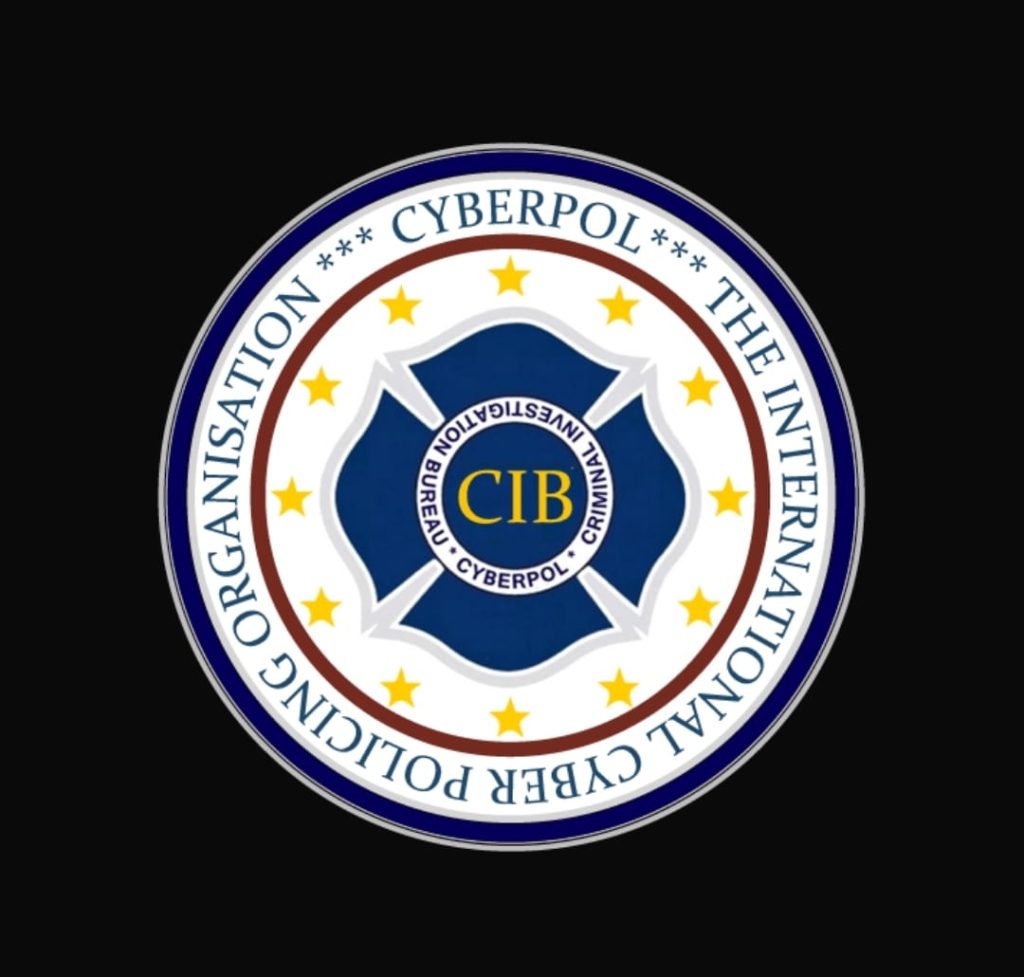CYBERPOL Issues Final Warning on the Use of Social Media as a Political Tool to Politicians and their followers
In a decisive statement underscoring the integrity of digital communication, CYBERPOL, the International Cyber Policing Organization federally approved by Royal Decree WL22/16.595 and established under Treaty EST 124 of the Council of European Union, has issued a formal warning against the use of social media platforms as instruments for political campaigning, vote solicitation, and propaganda dissemination.
President Ricardo BARETZKY’s Statement on Social Media’s Purpose
President Ricardo BARETZKY emphasized that the primary purpose of social media is to facilitate communication and connection among individuals globally. These platforms enable users to share information, express themselves, and interact with communities in real-time, fostering relationships and networks. However, he categorically stated that social media’s intended function is not political engagement or the advertising of political matters. Consequently, the deployment of social media for political motives such as garnering votes, increasing followers, or spreading political propaganda stands in direct contradiction to its fundamental purpose.
Legal Framework Prohibiting Political Use of Social Media in the European Union
The European Union has enacted stringent legal measures to regulate and restrict the use of social media in political contexts, particularly to safeguard electoral integrity, prevent misinformation, and protect fundamental rights:
Digital Services Act (DSA) (Regulation (EU) 2022/2065): This landmark legislation imposes obligations on online platforms to mitigate systemic risks, including the manipulation of information during elections. It mandates transparency in political advertising, requiring clear labeling of political ads, disclosure of sponsors, and expenditure details. The DSA also prohibits political ads based on profiling and the use of minors’ data.
Digital Markets Act (DMA): Complementing the DSA, the DMA addresses the dominance of large digital platforms, ensuring fair competition and curbing abusive practices that could influence political discourse.
Budapest Convention on Cybercrime (ETS 185): As a signatory to this convention, CYBERPOL operates under its provisions, particularly Article 13, which mandates that legal persons liable for cybercrimes-including those involving manipulation or misuse of social media for political ends-are subject to effective, proportionate, and dissuasive sanctions, including asset seizure and fines without limitation.
EU Guidelines on Political Advertising and Disinformation: The European Commission has issued guidelines requiring social media platforms to combat disinformation, promote official electoral information, and ensure that political advertising does not incentivize the dissemination of false or harmful content. Platforms must also label AI-generated content and accounts controlled by foreign entities to prevent undue influence.
CYBERPOL’s Enforcement Authority and Evidence Against Political Misuse
CYBERPOL, empowered by Royal Decree WL22/16.595 and Treaty EST 124, functions as an autonomous federal agency with diplomatic status under the Vienna Convention on International Organizations. It is vested with the authority to monitor online IP addresses, investigate cybercrimes, and prosecute violations related to the misuse of social media for political purposes.
The organization has gathered substantial evidence implicating numerous political actors in the unlawful use of social media platforms to manipulate public opinion, spread propaganda, and unlawfully influence electoral processes. Such activities contravene both the EU’s legal framework and international cybercrime conventions.
Under Article 13 of the Budapest Convention and the provisions of the CYBERPOL Decree WL22/16.595, these political entities and individuals are liable to face:
- Criminal prosecution with potential custodial sentences.
- Monetary sanctions and fines of a dissuasive and proportionate nature.
- Seizure of assets linked to the commission of cyber offenses.
- Other administrative or legal measures deemed necessary to uphold the rule of law and democratic integrity.
CYBERPOL’s warning serves as a critical reminder that social media must remain a platform for genuine communication and community building, not a battleground for political manipulation. The organization calls upon all political actors to adhere strictly to the legal frameworks established by the European Union and international treaties.
Any deviation from these norms will be met with rigorous investigation and prosecution under the full extent of the law, reaffirming CYBERPOL’s commitment to protecting democracy, fundamental rights, and the rule of law in the digital age.
President Ricardo Baretzky said:” We welcome anyone who think they can contest this and especially those who think they can dismissed their crimes. A crime remains a crime as per the law and there is no point if judiciary is weak in its duties to uphold the rule of law”
This press release is issued by CYBERPOL General Secretariat pursuant to Royal Decree WL22/16.595 and Treaty EST 124 of the Council of European Union.






Pingback: CYBERPOL Issues Final Warning on the Use of Social Media as a Political Tool to Politicians and their followers! – CYBERPOL CYBER POLICING NEWS